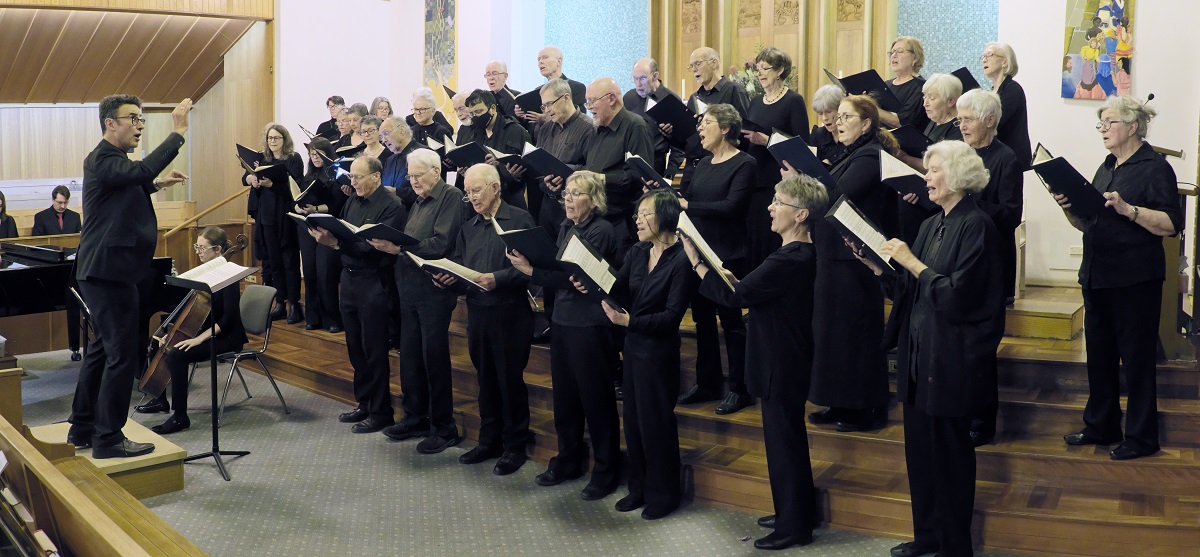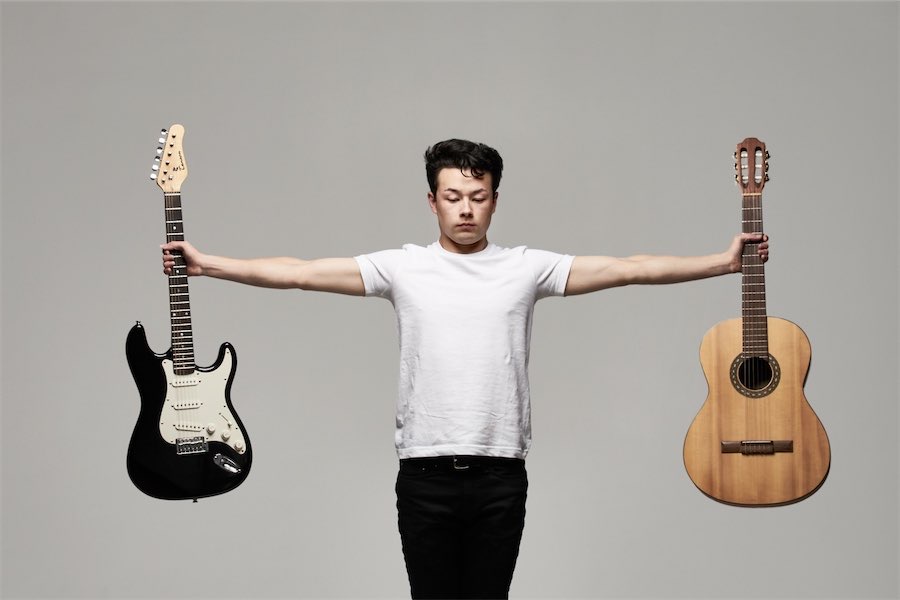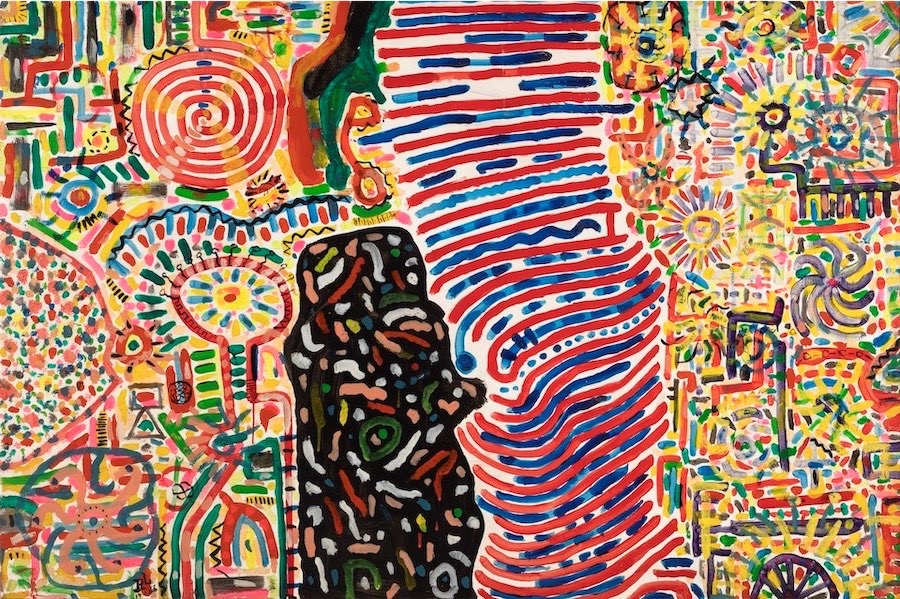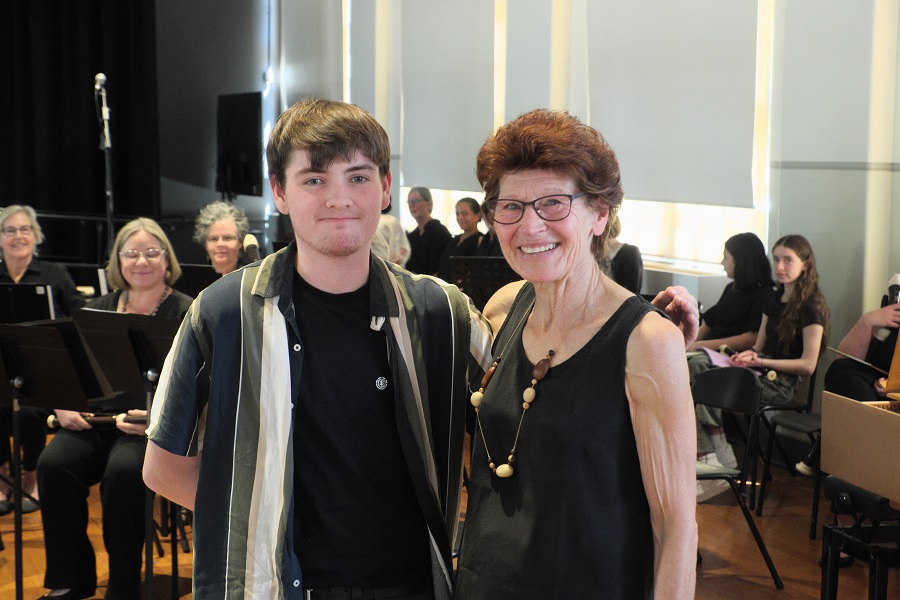
Music / “A Winter Concert: Duruflé and Boulanger”, The Llewellyn Choir. At Wesley Uniting Church, Forrest, June 24. Reviewed by HELEN MUSA.
LLEWELLYN Choir’s oh-so-Frenchy Saturday night concert at Wesley Uniting Church presented a sophisticated repertoire for lovers of choral music.
With conductor Tobias Cole pulled in at short notice because regular director Rowan Harvey-Martin had succumbed to covid, the choir presented a program made up of demanding songs by World War I-era French composer Lily Boulanger with touches of Faure, Debussy, and Hahn thrown in, before the equally demanding but very different “Requiem” by Maurice Duruflé.
The program opened with the beat of a drum funeral of a soldier for Boulanger’s “Pour les funérailles d’un soldat” (for a soldier’s funeral) before the choir, accompanied by Anthony Smith on pianos, came in, momentarily in unison but then in four parts to sing a work which began with echoes of the “Dies Irae”.
“Pour les funérailles” set the pattern for the evening. When singing in unison or at the higher-register, the choir is frail and hesitant, but when singing in four parts, firm and confident.
A brief interlude where solo cellist Clara Teniswood performed Fauré’s “Sicilienne”, presumably to provide a moment of relief for the choristers, there followed a rendition of Boulanger’s “Sous Bois,” (Under the trees) a challenging work in which in overlapping entries were not always certain.
There followed three art songs, Boulanger’s “Le retour”, Debussy’s “Beau soir” and Hahn’s “L’heure exquise” sung by guest artist, mezzo soprano AJ America, a refined moment in the concert that quietly evoked three moments and three scenes.
The choir, joined by America and baritone Rohan Thatcher, then concluded the first half the substantial “Hymne au Soleil” (Hymn to the sung) where the chorister, beginning quietly, rose to moments of magnificence.
The second half of the concert was devoted to Duruflé’s “Requiem” in nine stages, accompanied on organ by James Porteous.
A work notoriously commissioned by the collaborationist French Vichy regime but only completed after World War II, it now has the reputation of being a musical beacon of optimism.
Sometimes light and sometimes solemn, this composition owes much to Duruflé’s French predecessors Ravel, Debussy, Dukas and, notably, Fauré.
There are suggestions of impressionism, with the “Sanctus”, differing from many other requiems, suggesting waves of light – beautifully performed.
There was high drama, too, when baritone Thatcher rose in the centre of the “Domine” to offer powerful words of praise. He produced the same level of drama later in the “Libere me” with the words, “I quake with fear”.
This concert ended on a quiet, positive note in the “In Paradisum” with a prayer of eternal rest.
Who can be trusted?
In a world of spin and confusion, there’s never been a more important time to support independent journalism in Canberra.
If you trust our work online and want to enforce the power of independent voices, I invite you to make a small contribution.
Every dollar of support is invested back into our journalism to help keep citynews.com.au strong and free.
Thank you,
Ian Meikle, editor




Leave a Reply